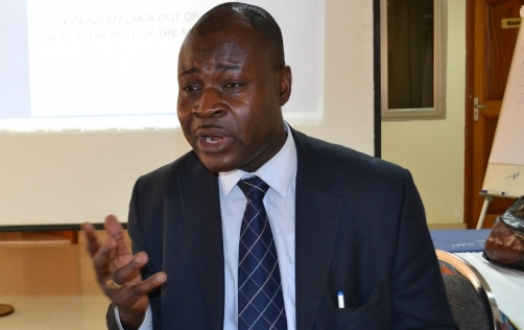Director General of the Ghana Standards Authority (GSA), Professor Alex Dodoo, has called on the government to bear the full cost of facilitating the improvement in the standard of goods produced by Micro, Small and Medium-sized Enterprises (MSMEs) in the country.
According to him, MSMEs will gain little or nothing from the African Continental Free Trade Agreement (AfCFTA) if government fails to support them.
MSMEs which make up about 80% of the country’s economy often struggle to meet the operational cost of getting their goods to meet international standards making it difficult for them to compete favourably on the market. The MSMEs however will also be the main drivers of the AfCFTA on the part of Ghana.
Currently, the AfCFTA constitutes the 5th biggest economy in the world with a US $3.4 trillion economy, consumer and business spending at US4 trillion annually, while covering a consumer base of 1.35 billion people.
A majority of MSMEs in the country may however miss out on the benefits of the trade agreement if they are not able to meet the necessary requirements. Not only do standards ensure consumer protection, but they also promote and protect economic interests of consumers, industry and businesses.
Read More: Fuel Prices: Akufo-Addo government is demonstrating insensitivity to Ghanaians – Minority
In an interview with Citi Business News at the sidelines of the Intra African Trade Conference organized by the Association of Ghana Industries and the Delegation of German Industry and Commerce in Ghana, Professor Alex Dodo said government must be willing to invest its resources to fully build up MSMEs to international standards.
“Ghana has the human resource and the companies to grow however about eighty percent of our companies are small and medium-sized companies. The only way they can compete and win under the African Continental Free Trade Area is if their quality requirement are in line with the best on the market. That will need investment in standardization in testing and in certification, and I am happy that all stakeholders at this meeting agree that the important thing is for the state to support SMEs by meeting the cost of these issues because for them to develop they will need some help and its cross-cutting”.

